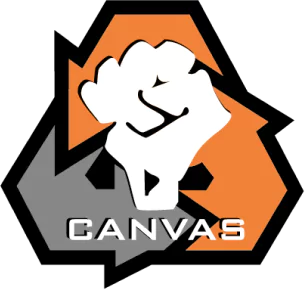Oct 21, 1967-1967
United States of America
Vietnam Flower Protest
Share
ACTIVISTS/ACT.GROUPS/DESCRIPTION OF THE GROUP
Anti-Vietnam War protesters
TARGET
US government
WIDELY HELD BELIEF
Fighting anti-communist costly wars is foolish and unnecessary.
CASE NARRATIVE
Issue and opponent: Americans began protesting against their government on the Vietnam War issue in 1964, and it grew into a full-fledged movement with diverse social participation. The demonstrators came from African American civil rights movements, feminist movements, Chicano movements, labor movements, and hippie movements. One of the main grievances of the anti-Vietnam War protesters was the draft system that conscripted American citizens and mandated them to join the war against Vietnam. Moreover, the protesters also were critical of the U.S. government’s perception of the threat from Communists. Many protesters believed that the Communist Vietnamese threat was a non-existent threat in reality and U.S. government was using it to forward its expansionist policy in Asia. Moreover, the demonstrators objected to U.S. intervention in South Vietnam’s efforts for self-determination. Public opinion largely favored that the U.S. should not meddle with Vietnam’s internal matters. Dilemma Action: “The National Mobilization Committee to End the War in Vietnam’s “March on The Pentagon” took place on October 21, 1967. On this day, the marchers in Washington D.C. converged on the Pentagon and placed flowers on the barrels of the guns held by the military police. The protesters were brutalized by the military police waiting for them at the Pentagon. When the antiwar demonstrators approached The Pentagon, they were confronted by a squad of soldiers from the 503rd Military Police Battalion. The Flower Protest was part of a larger anti-war movement launched in the aftermath of the Vietnam War. Outcome: The rally didn’t stop the war and met with violent government reactions including tear gassing, arrests, and police brutality against the peaceful protesters.
PRIMARY STRUGGLE/GOAL
NONVIOLENT TACTICS USED
DA TACTICS USED
Assemblies of protest or support
CASE NARRATIVE WRITER
SUCCESS METRICS
8 / 12
(EREP) Dilemma action got replicated by other movements
(MC) Media Coverage
(MSYMP) Media coverage was sympathetic to the activists
(OR) Opponent response
(PS) Dilemma action built sympathy with the public
(PUN) Punishment favored the activists
(REFR) Dilemma action reframed the narrative of the opponent
(SA) Dilemma action appealed to a broad segment of the public
PART OF A LARGER CAMPAIGN
3 / 3
Activist group continued working together after the action
Encouraged more participants to join the movement
Internally replicated by the same movement
RESOURCES
Project documentation
Dilemma Actions Coding Guidebook
Case study documentation
Dilemma_Actions_Analysis_Dataset
SOURCES
Smith, David. 2017. “How this 1967 Vietnam war protest carried the seeds of American division,” The Guardian, October 21. Retrieved july 20, 2023. (https://www.theguardian.com/us-news/2017/oct/21/1967-vietnam-war-protest-american-division).
Related cases
Jun 14, 2010-2010
Russia
Issue and Opposition: The KGB earned its notoriety as the Soviet Union’s secret service agency during the Cold War because of its oppressive techniques against the dis...
/
Apr 1, 2016-2016
Macedonia
In 2015, opposition leader Zoran Zaev released secret recordings which targeted over 20,000 individuals and revealed the corruption of the ministers in Macedonia. The ...
/
Mar 1, 2010-2010
Indonesia
Nestle is a large food and beverage conglomerate often dubious in its environmental practices. Kit-Kat, a chocolate brand under the larger Nestle umbrella, sources its...
/
Subscribe to our newsletters to get full access to all materials on our website.

